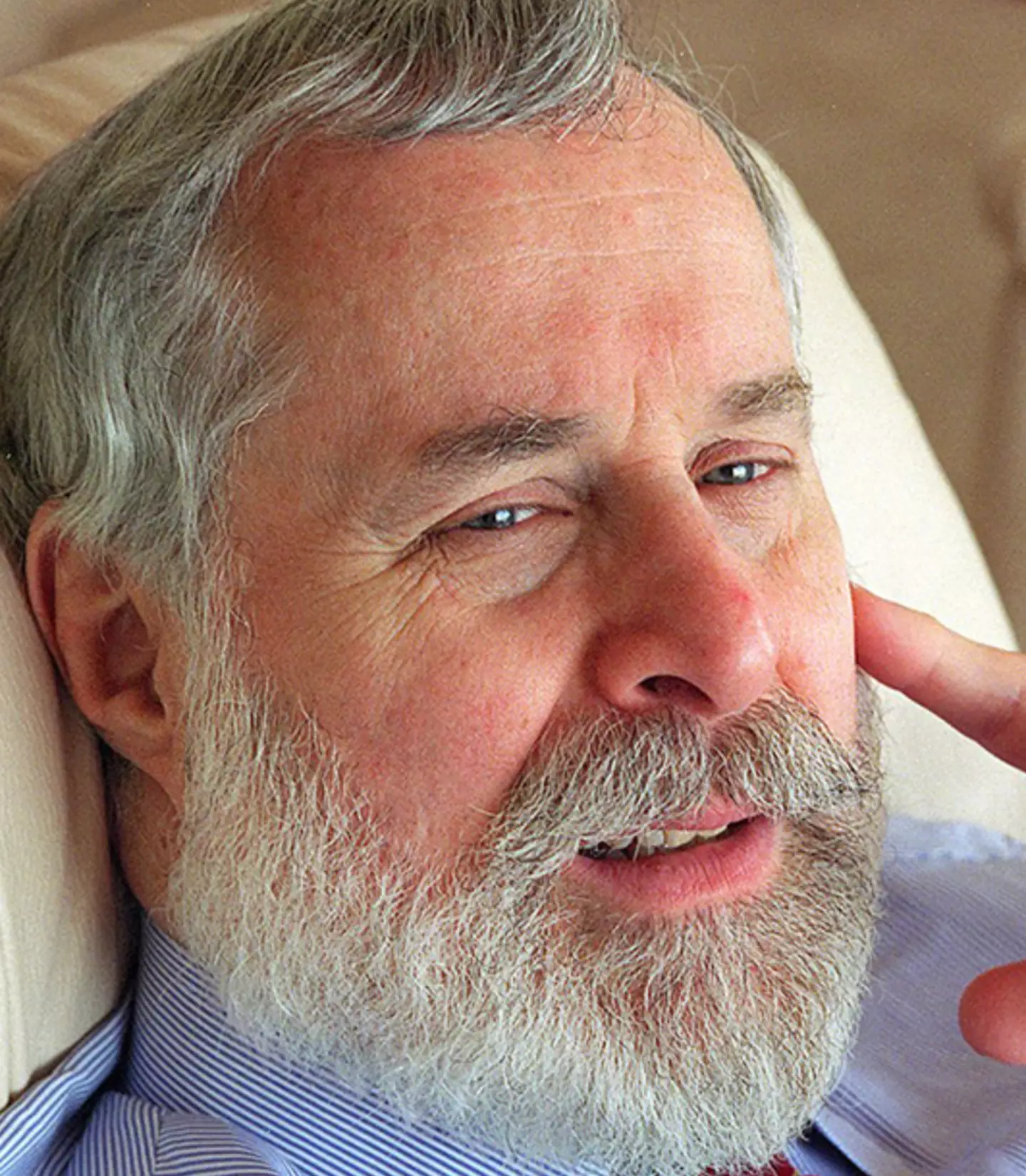
The man who helped expose the US government for allowing hundreds of men to go untreated for syphilis has died at the age of 86.
News of Peter Buxtun's death has come to light this week after he passed away on May 18 in Rocklin, California, according to his attorney.
Buxtun died after being diagnosed with Alzheimer's disease, but it was his work surrounding another illness that many remember him for.
Advert

In 1932, scientists with the US government began studying 400 Black men in Tuskegee, Alabama, who had been diagnosed with syphilis.
The researchers looked into the impacts of the disease on the body, but when antibiotics that could treat syphilis became available in the 1940s, federal health officials ordered that the drugs be withheld from those involved in the study.
It wasn't until around 20 years later that Buxtun got involved, after he overheard a co-worker talking about the study while working as a federal public health employee in San Francisco.
Advert
The study had already been the subject of multiple articles in medical journals, but few people had raised concerns about the ethics surrounding the experiment.
Shocked by what he learned, Buxtun wrote a letter to officials at the Centers for Disease Control and Prevention (CDC) in 1966.
He likened the research, which became known as the Tuskegee study, to medical experiments Nazi doctors had conducted on Jews and other prisoners, but his efforts were met with backlash from agency officials and leaders.
Officials rejected his complaints, so in 1972 Buxtun provided documents about the study to a reporter from AP.
Advert
The documents were passed on to investigative reporter Jean Heller, who published a story in July 1972.
The story led to Congressional hearings and a class-action lawsuit, as well as bringing about the end of the study about four months later.

In the wake of his death, David M. Golden, a close friend of Buxtun’s for over 25 years, described him to ABC News as 'wise, witty, classy and unceasingly generous'.
Advert
“He was a staunch advocate for personal freedoms and spoke often against prohibition, whether it be drugs, prostitution or firearms," Golden said.
Lille Tyson Head, whose father was in the Tuskegee study and who now leads a group dedicated to the memory of those involved, also shared her appreciation for Buxtun.
“We are thankful for his honesty and his courage,” Head said.
Buxtun was born in Prague before he moved with his family to the US in 1939. He studied at the University of Oregon and served in the U.S. Army as a combat medic and psychiatric social worker, before joining the federal health service in 1965.